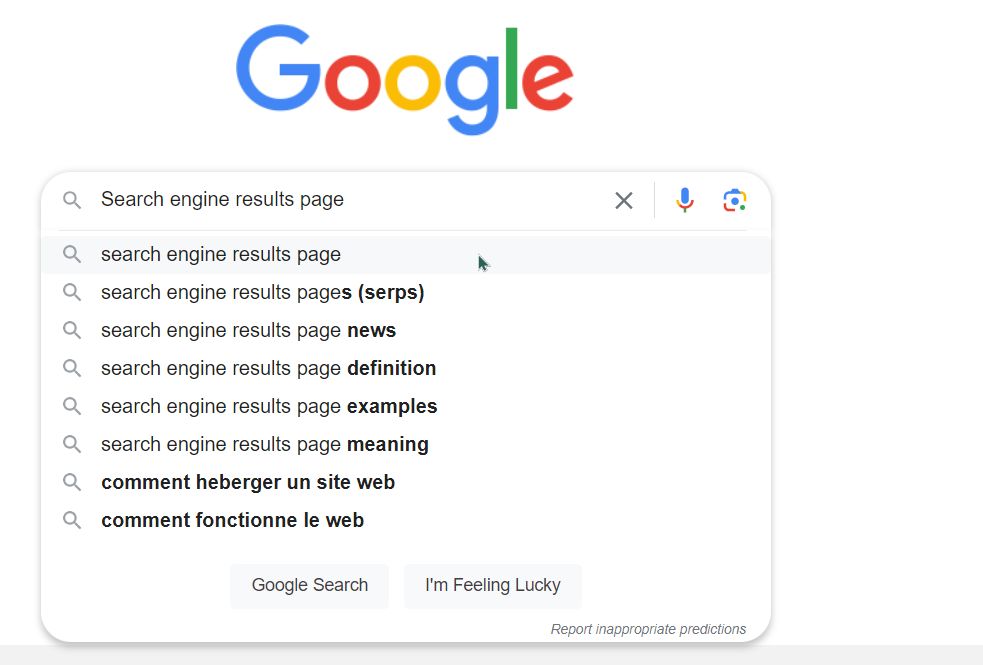In the dynamic world of online retail, discounts are a powerful magnet for attracting consumers, offering them the perception of value and savings. Even more so in the Netherlands, where a ‘Koopje scoren‘ is part of culture. As a Dutch webshop owner, you might be familiar with the allure of ‘was/now’ pricing or percentage-off deals to catch the eye of potential customers. However, it’s crucial to tread carefully in this territory, as the misuse of such discounts can lead to hefty penalties from Dutch regulatory bodies like the Authority for Consumers and Markets (ACM). Here’s how you navigate Dutch discount displays.
The Landscape of Discounts
Discounts, when used correctly, signal to customers that they’re getting a good deal, possibly for a limited time. This can boost sales and build customer loyalty. However, the line between a genuine deal and a misleading one can sometimes blur. Misleading practices, such as inflating a product’s price only to slash it later, claiming it’s a discount, can erode consumer trust and attract regulatory scrutiny. We typically see this around Black Friday: after summer prices go up, only to go down for a super duper sale.
The Legal Framework
Dutch regulations have tightened around how discounts are presented online. The key principle? Transparency, ensuring that customers have accurate information to make informed decisions. The ACM has been vigilant in monitoring compliance, ready to impose fines on those who cross the line.
The 30-Day Rule Explained
A critical rule in discount practices is the 30-day benchmark. This stipulates that the ‘before’ price in a discount should be the lowest price at which the product was offered in the preceding 30 days. Exceptions exist, like perishable goods, but generally, this rule helps maintain honesty in pricing strategies.
Comparative Pricing: Do’s and Don’ts
Many webshops compare their selling price with the manufacturer’s suggested retail price (MSRP). While this is permissible, it’s essential not to portray this comparison as a direct discount from your shop unless it genuinely is. Transparency is key to avoiding legal pitfalls. You have to make clear you are showing the difference between the MSRP and your price – presenting this as if you give discount, is misleading.
Dynamic Pricing and Its Boundaries
Dynamic pricing allows you to adjust prices based on various factors like demand, competition, and stock levels. While this strategy is legal and often beneficial, it should not be misrepresented as a discount unless it meets the criteria of a genuine price reduction.
Steering Clear of Penalties
In November 2023 the ACM concluded that the usage of fake discounts is still at large.
The ACM’s enforcement actions have highlighted the risks of non-compliance. With potential fines reaching up to €900,000 or 4% of annual turnover, the stakes are high. In enforcing regulations against fake discounts, the ACM attempts to settle cases with webshops through a process known as ‘simplified settlement’. In this process, they offer the webshop a 10% reduction in fines, provided the webshop acknowledges the violation and agrees to accept the fine.
Of course, ensuring your discount strategies are above board is not just about avoiding fines; it’s about building a trustworthy brand. And while an online poppa & momma store won’t risk these penalties as quickly as a Coolblue or bol.com, the regulations are there for a reason: to protect the consumer. If you clearly mislead and break the law, you can expect consequences.
Go Long Term
As a webshop owner, your goal is to attract and retain customers through compelling offers. However, navigating the discount landscape requires a balance between enticing marketing and legal compliance. By understanding and adhering to the rules, you can leverage discounts effectively while maintaining your brand’s integrity and customer trust.
For webshop owners, staying informed and cautious about discount practices is not just good legal sense—it’s good business.
For more blogs and practical tips, visit consumentenrecht.info. For information on company inspections by the ACM, please go to invalacm.nl.




